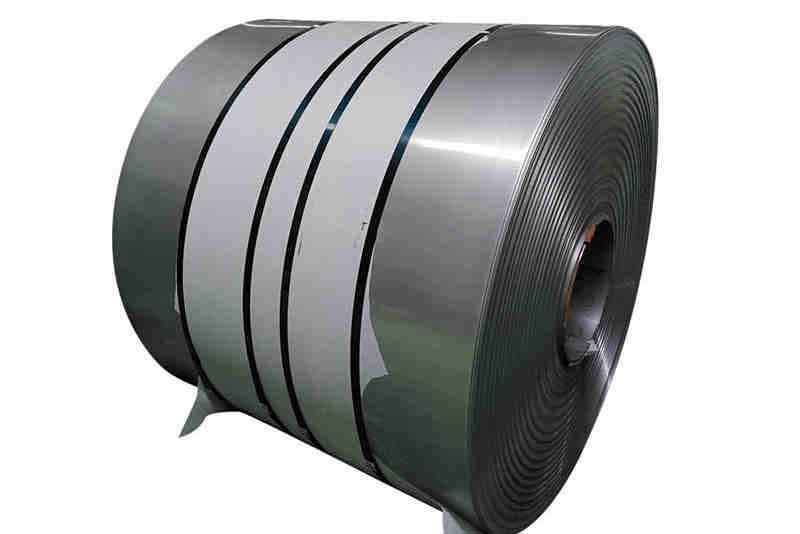Understanding the Benefits of Stainless Steel Coils: A Comprehensive Guide
1. Introduction to Stainless Steel Coils
Stainless steel coils are essential components in various industries, including metallurgy, mining, energy, and more. These coils are made from a corrosion-resistant and durable alloy known as stainless steel, which is widely recognized for its exceptional properties. In this article, we will delve into the many benefits of stainless steel coils, exploring their features, applications, and advantages compared to other materials.

2. Durability and Strength
One of the primary advantages of stainless steel coils is their exceptional durability and strength. Stainless steel is known for its high tensile strength, making it ideal for applications that require resistance to wear and tear. Whether subjected to extreme temperatures or heavy loads, stainless steel coils maintain their structural integrity, ensuring long-lasting performance and reliability.
Please click on www.teda-metal.com more products about stainless steel
3. Corrosion Resistance
Stainless steel coils excel in corrosive environments, making them an excellent choice for various industries. The alloy composition of stainless steel, primarily consisting of chromium, provides exceptional resistance to corrosion. This makes stainless steel coils highly suitable for applications where exposure to moisture, chemicals, or harsh weather conditions is prevalent. By preventing rust and corrosion, stainless steel coils contribute to the longevity and durability of the products or equipment they are used in.
4. Versatility and Adaptability
Stainless steel coils offer remarkable versatility and adaptability, making them suitable for a wide range of applications. They can be easily formed and fabricated into different shapes and sizes, allowing for customization according to specific project requirements. Stainless steel coils are available in various grades, each designed to meet specific needs, such as temperature resistance, strength, or ease of fabrication. Whether for architectural purposes, industrial machinery, or household appliances, stainless steel coils can be tailored to match diverse demands.
5. Hygiene and Safety
In industries where hygiene and safety are paramount, stainless steel coils are the preferred choice. The smooth and non-porous surface of stainless steel prevents the accumulation of bacteria, making it easy to clean and maintain. This feature is vital in sectors like food processing, healthcare, and pharmaceuticals, where cleanliness and sterility are crucial. Additionally, stainless steel coils do not emit harmful toxins or chemicals, ensuring the safety of workers and end-users.
6. Cost-Effectiveness
Contrary to popular belief, stainless steel coils offer long-term cost-effectiveness despite their initial investment. Their durability and resistance to corrosion minimize the need for frequent repairs or replacements. Stainless steel coils eliminate the expenses associated with maintenance, downtime, and replacement, ultimately resulting in significant cost savings over their lifespan. Moreover, stainless steel's recyclability makes it an environmentally sustainable choice, contributing to overall cost reduction and resource conservation.
7. Applications of Stainless Steel Coils
Stainless steel coils find extensive applications across multiple industries. In the metallurgy industry, stainless steel coils are utilized for manufacturing various metal products, including pipes, tubes, and wires. The mining industry relies on stainless steel coils for equipment used in mining operations, thanks to their durability and resistance to corrosion caused by mineral extraction processes. Moreover, stainless steel coils are commonly employed in energy production, such as in power plants, where their strength and resistance to high temperatures are crucial.
评论
发表评论